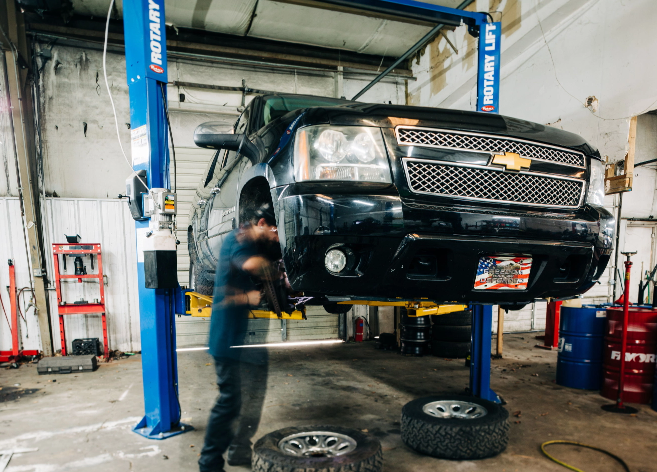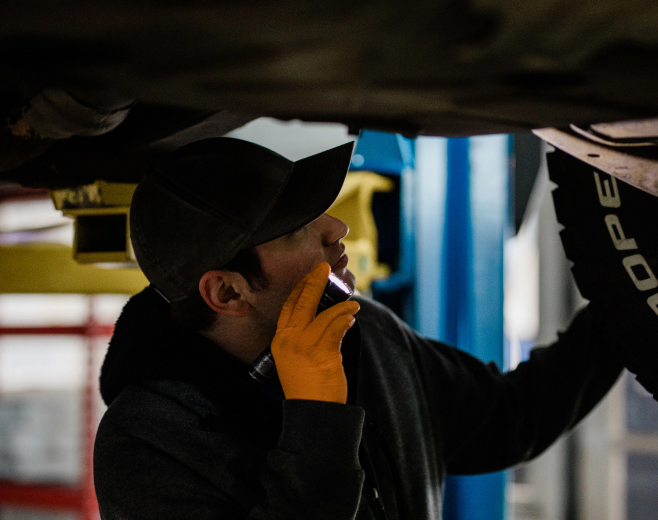Your Go-To Car Engine Repair Service in Atlanta, GA
THE IMPORTANCE OF ENGINE DIAGNOSTIC SERVICES
If you suspect that your car or truck is not performing the way it should, there’s a decent chance you will know all about it from the computer inside your vehicle. A lot of people don’t pay much attention to the check engine light of their vehicles and some even disable it.
Little do they know, this mistake will cost them eventually, because not paying attention to the warning signs during the early stages of a problem would result in a total shutdown of your vehicle. That’s why you shouldn’t hesitate to get in touch with our engine repair shop as soon as you see a warning light. Our certified technicians will diagnose the problem and provide the appropriate solution.

If you have any questions, feel free to contact us
Take advantage of our 24,000-mile, 24-month, nationwide warranty on parts & labor. Hold us accountable for our work.
 Our Services
Our ServicesWe use state-of-the-art scan tool equipment to perform each car engine diagnostic service. Once we diagnose the problem, we’ll cautiously decide what type of engine repair services need to be performed. After that, our technicians will discuss this information with you and tell you the total cost of the repairs that need to be done.
During each step of the repair process, you will be informed by our mechanics. That’s why, if you need car engine diagnostic and repair services for your vehicle, please call our Atlanta area engine repair shop or schedule an appointment online.


 Diagnosing the Issue
Diagnosing the IssueOur certified mechanics will inspect all of the major components of your vehicle’s brake system, including the drums, pads, rotors, shoes, and linings and give you an evaluation of the current condition of the system.
We will recommend replacements or repairs to maintain and improve the performance of your vehicle based on this inspection.
When you see the little engine icon that is on your car’s panel, remember not to panic! In most cases, it warns you for non-critical and non-urgent problem. Nevertheless, you are advised not to ignore it, because it might lead to something more serious in future.
If your check engine light is on, just call our Atlanta area engine repair shop, and we’ll take care of the problem. Due to the complexity of present-day engines, the problem must by diagnosed by an experienced and skillful technician.

 BLUE RIDGE SPECIAL OFFERS
BLUE RIDGE SPECIAL OFFERSCheck out our current promotions and specials and schedule your appointment today! Be the first to receive new coupons and special offers!
 Great Team
Great TeamOur team of great technicians have a combined 100+ years of hands on experience.








